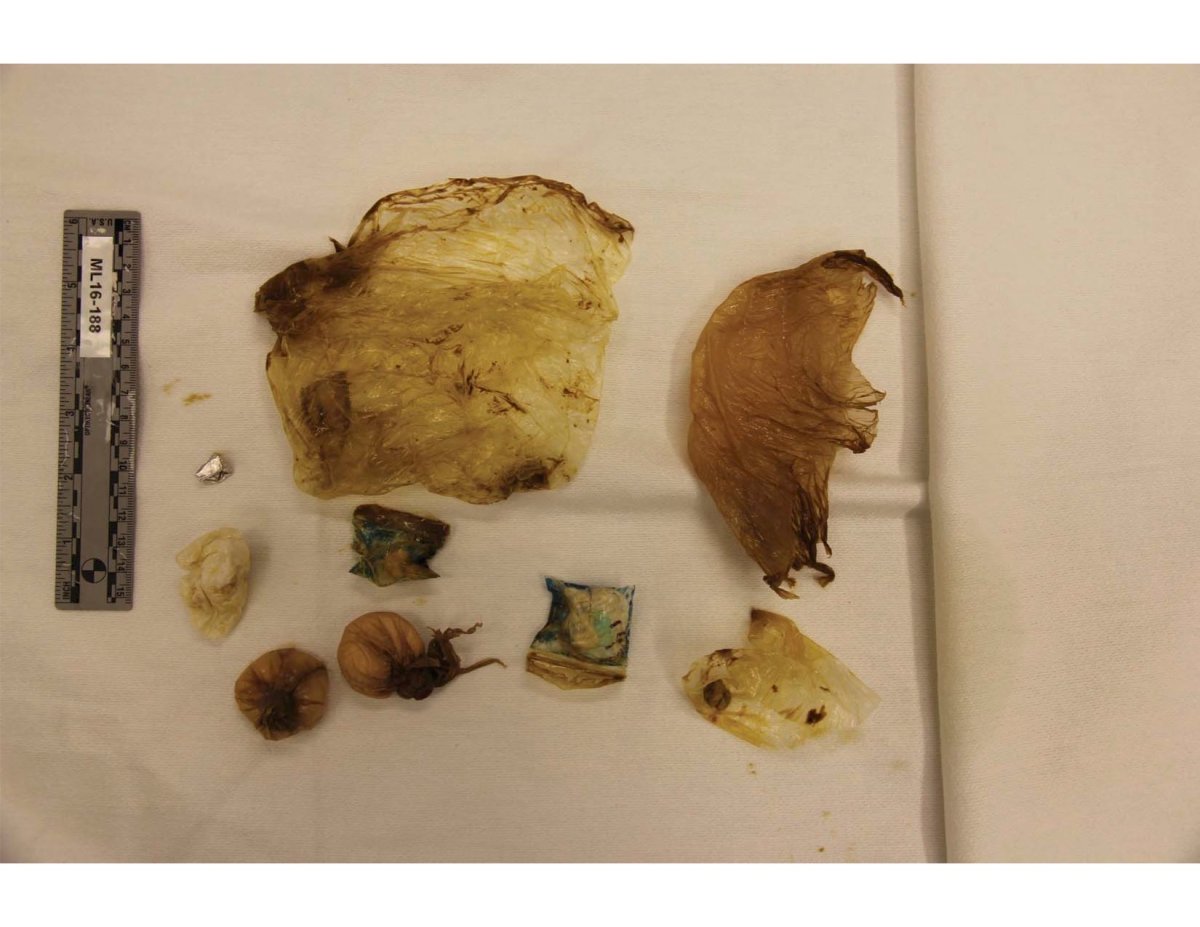A coroner’s inquest examining eight inmate deaths has heard that when 47-year-old Peter McNelis was arrested by Ontario Provincial Police in March 2016, a number of small packages went missing.

OPP officer Jeremey Renton, with the Norfolk County detachment, testified to seeing plastic bags with a white powdered substance. One fell out of McNelis’ hand, Renton said, after he rifled through the glovebox of his car. Another three appeared to have gone missing and Renton said he wasn’t able to find them again at the scene.
A female complainant who initiated the police response later advised Renton that she had been spending time with McNelis and observed him conducting drug transactions out of a Simcoe hotel.
When McNelis complained of chest pain after the arrest, Renton told the inquest he suspected McNelis had taken what were suspected to be drugs, or had inserted them into his body.
“We weren’t really comfortable with the situation,” said OPP officer Howard Smits. He explained to the jury that McNelis was discharged from Norfolk General Hospital against medical advice and placed back in the hands of OPP for observation.
“He was angry,” Smits said, and didn’t want any blood or urine testing done related to suspected drug consumption.
The emergency physician who was providing care at the time testified that the suspected drug use was the biggest concern at the time but that McNelis would only give permission for an investigation of the chest pain.
- Posters promoting ‘Steal From Loblaws Day’ are circulating. How did we get here?
- Canadian food banks are on the brink: ‘This is not a sustainable situation’
- Video shows Ontario police sharing Trudeau’s location with protester, investigation launched
- Solar eclipse eye damage: More than 160 cases reported in Ontario, Quebec
Dr. Heather Walton said she wanted to keep him for observation but an X-ray of his chest and abdomen was inconclusive and there was nothing more she could do without his consent.
The jury heard that OPP brought in a picture of a package they had seized after McNelis was discharged in the hopes of providing more evidence that McNelis may have had an object in his stomach.
Walton testified that sometimes what looks like an object is in fact just a gas bubble. Her advice was to keep a close eye on McNelis, to be “vigilant in terms of monitoring his mental status.”
Back at the Norfolk detachment, Smits created a dry cell, by shutting off all running water, in the hopes of recovering packages suspected to be in his body.
During this time, OPP officer Renton testified that he was observing McNelis through the camera situated in his cell. He was spotted with his hands in his pants for a period of 15 minutes and moving towards his mouth. When confronted, Renton told the inquest, he denied having any drugs.
Peter McNelis died inside the Barton Street jail on March 13, 2016, from combined drug toxicity, according to the pathology report.
A post-mortem exam of McNelis shows a number of tied plastic bags were found inside his large intestine.
Finding closure
Mariea McNelis told the jury that her son Peter was “a lost soul.” His life was not without challenges, having been diagnosed with bipolar disorder.
He was her “boomerang,” she said affectionately. He would be absent for periods of time but he always came back, she said, until 2016 when he was admitted to the Barton Street jail.
He was talented with hands-on projects like electrical work, home renovations and landscaping, she said, reflecting on the elaborate garden he created for her.
“I find great solace in the garden,” she said, and “some closure” from the inquest. But her drive home, she stressed, is a hard one. Sitting beside her husband, she said they stare at the Barton Street jail.
“He came out in a body bag,” she said, urging the inquest’s five-person jury to help prevent it from happening to someone else.
The jury may make recommendations at the end of this six-week inquest.








Comments